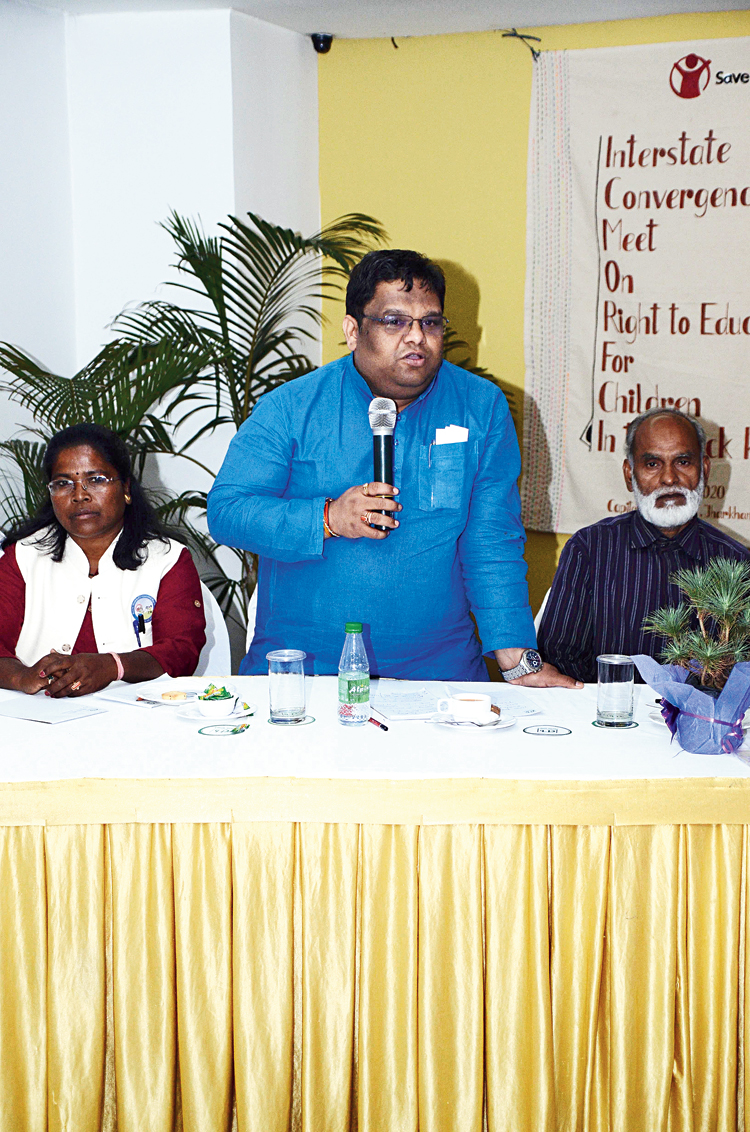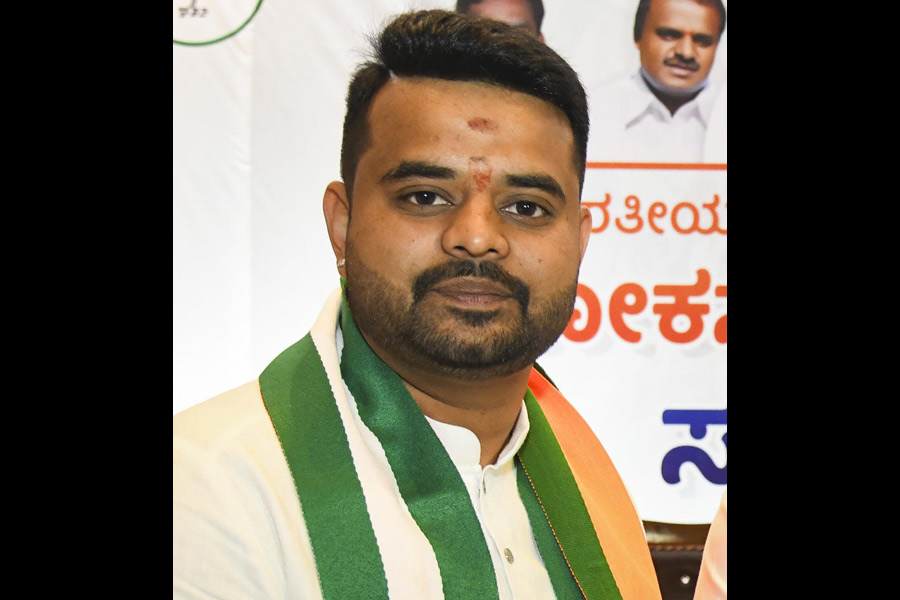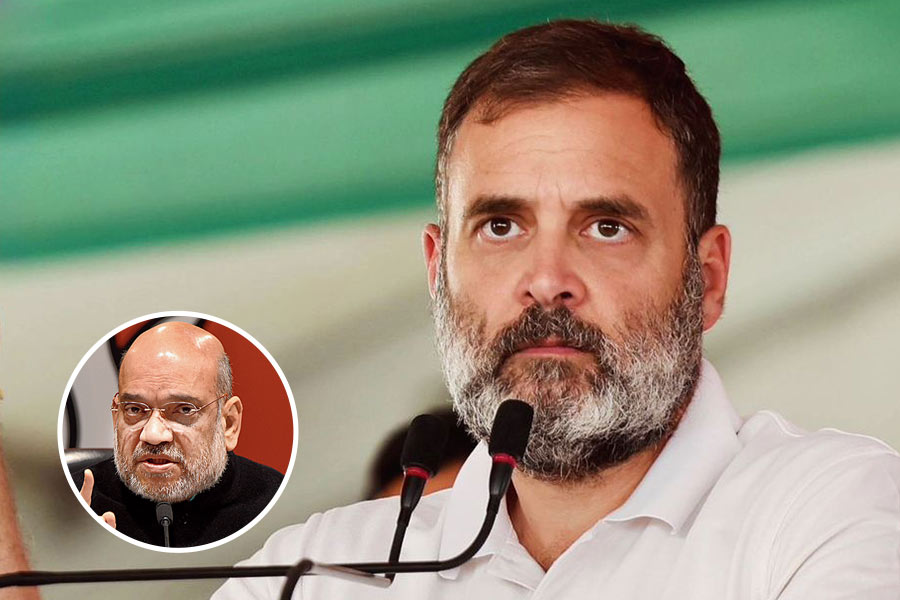Right to education is ensured by law but providing effective education to about 8 crore migrant children of the country continues to be a challenge.
This issue dominated an interstate convergence meet organised by Save the Children at a Ranchi hotel on Tuesday.
Around 50 representatives from government, various organisations active in the field and other stakeholders attended the meet, which particularly focused on children from Jharkhand, Bihar and Odisha go who migrate with their parents to brick kilns in rural Bengal for six to nine months every year.
“Child labour is prohibited and offenders need to be punished,” said Priyank Kanungo, chairperson of the National Commission for Protection of Child Rights, who was the chief guest of the meet.
“The police can lodge FIR suo motu in such cases but only about 400 FIRs are lodged in the country in a year while there are over 8 crore child labourers,” he said.
“The brick kiln owners must ensure their (the children’s) education by informing the nearby school about such children who migrate with their labourer parents and get them admitted to the school.”
He said FIRs must be lodged against those who don’t follow this.
“Save the Children helps about 550 children to continue their education whose parents come from Gumla, Khunti and Sahibganj districts of Jharkhand to work in about 60 brick kilns in 24 Parganas and Malda districts of Bengal,” said Sushmita Ghosh, senior manager at the Calcutta office of the global NGO.
A child from Gumla who migrated with his parents to a brick kiln in South 24 Parganas said the books he got were all in Bengali and even the teachers spoke in Bengali, a language that he couldn't follow.
Other speakers also pointed out problems like such children don't often get transfer certificates (TCs) from schools of their native places or admission in those at places of migration.
“As per Right to Education Act, they must get TC anytime,” said A.K. Singh, state convener of the Right to Education Forum.
“Education of such children can be ensured if books printed in their home states are brought in,” said Prasun Bhowmik, a member of Bengal's commission for protection of child rights.










